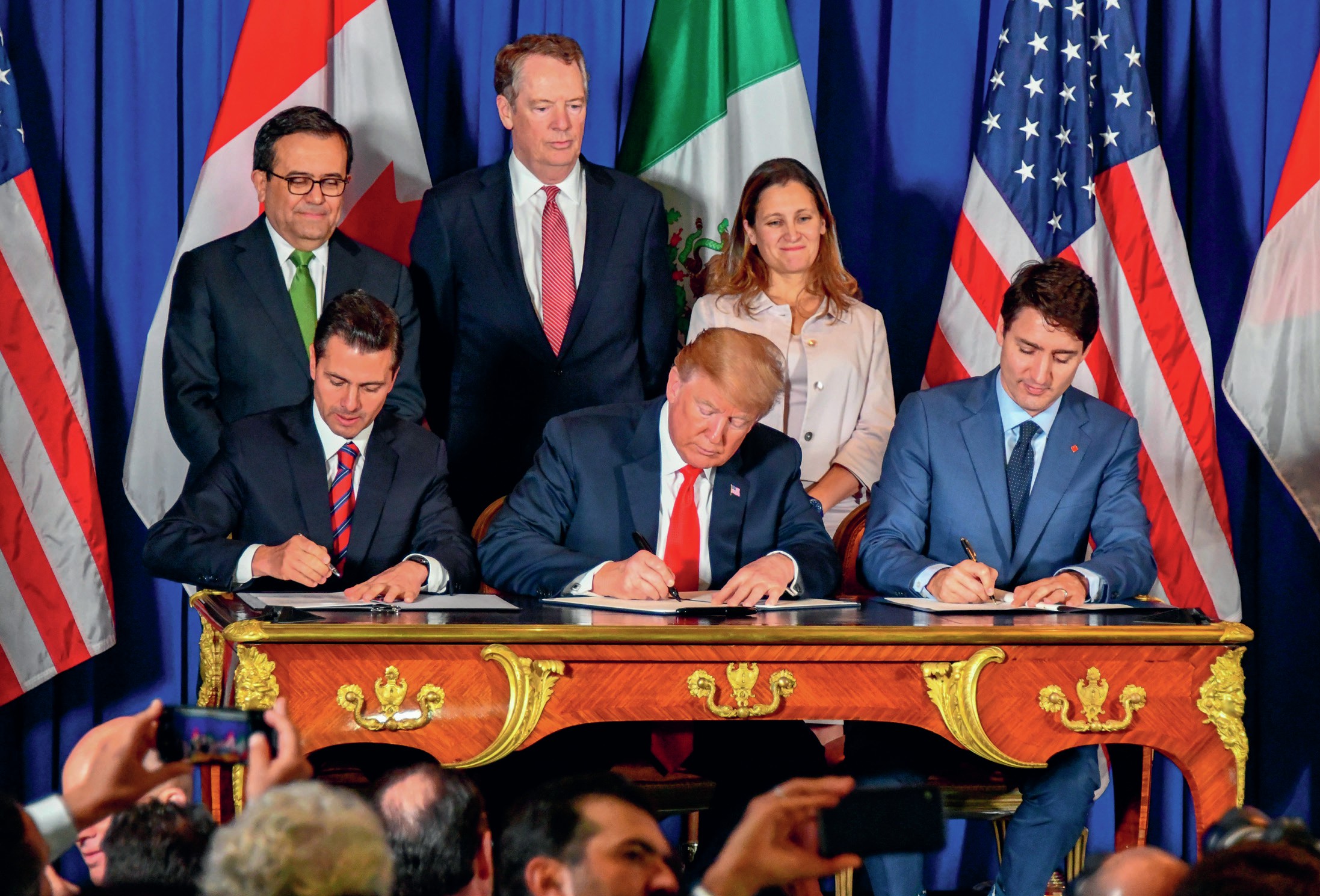
Regionalism can be defined as the ‘creation and implementation of institutions that express a particular identity and shape collective action within a geographical region’. We need to be aware of three types of regionalism: security, political and economic. Regionalism is born out of liberal theory where states cooperate and are often dependent on each other.
States, according to liberals, achieve more in the international system through cooperation than they do by working alone, and it is evident that since 1945, states have been willing to pool their sovereignty to rise to complicated — and often shared — challenges. However, what is also apparent is that this consensus of cooperation and pooled sovereignty is increasingly challenged by the nation-state.
Your organisation does not have access to this article.
Sign up today to give your students the edge they need to achieve their best grades with subject expertise
Subscribe




